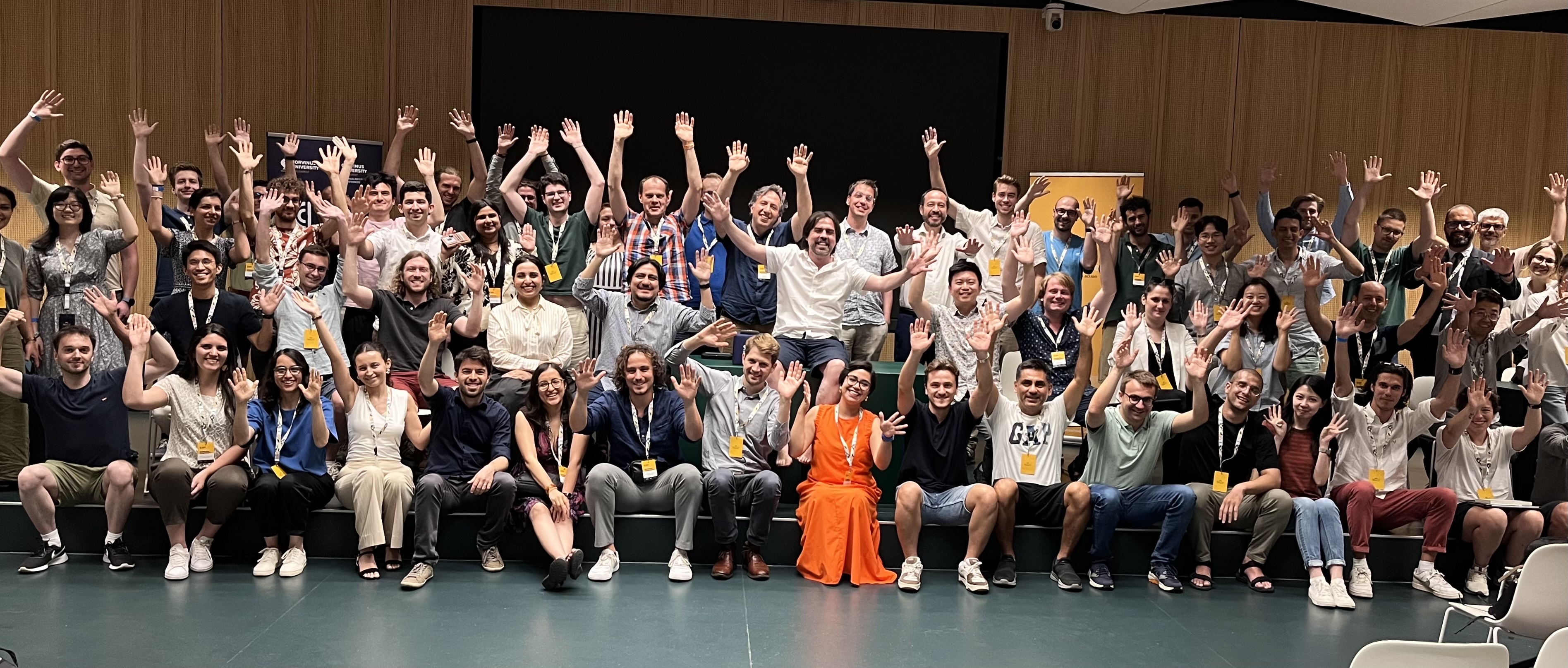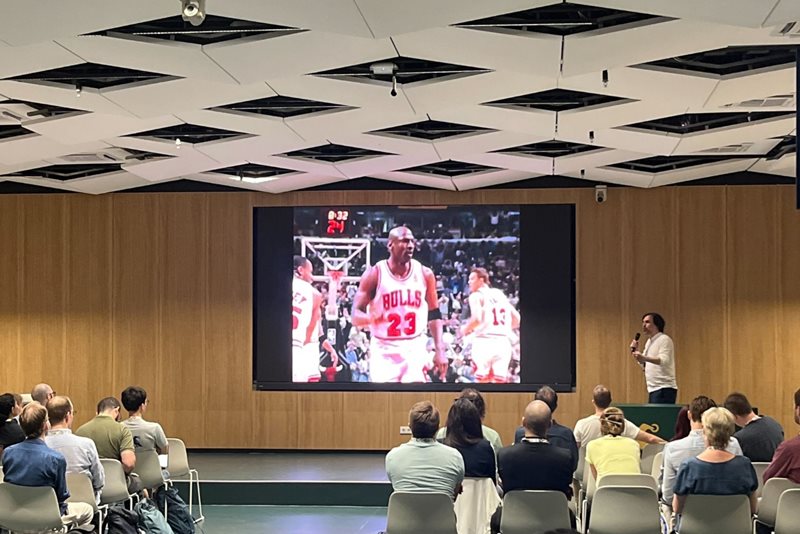Corvinus University of Budapest hosted the first Conference on Economic Complexity (CEC)

Which products and target markets should be prioritised to increase a country’s export revenues? Why are digital technology specialisations a priority for the development of complex green technologies? How does economic complexity and its tools support decision-making? Among many other questions, these were the questions that were answered by the participants of the Economic Complexity Conference, organised for the first time, by the Centre for Collective Learning, led by Professor César A. Hidalgo.
Opening day: Summer School on Economic Complexity
The programme opened on 10 July with a one-day summer course by Professor Hidalgo, which provided participants with the opportunity to learn and understand the concepts and basic concepts of economic complexity. Hidalgo presented the theoretical background and the practical applications of the concept through three major themes. The Summer School set the scene for the in-depth discussions that followed over the next two days.

Day 2: Relatedness and sustainability
On 11 July, the focus was on Relatedness and Sustainability. Among the speakers was Marek Tiits, a researcher from TalTech in Estonia, who used relatedness and product complexity to create a gravity model to better predict export potential. A presentation by Theresa Bürscher (Austrian Institute of Technology) showed that regions specialising in green technologies rely more heavily on related digital specialisations than on non-digital local specialisations.
The sessions were followed by a panel discussion organised and sponsored by the data visualisation company Datawheel. During the panel, decision makers and business leaders shared their experiences on the importance and potential uses of the discipline, showing how they use the principles of economic complexity in their everyday work.
The final event of the day was a poster session with a reception. Here participants had the chance to learn more about eight other research projects. The reception also provided an opportunity for informal networking and exchange of ideas.
Closing day: Method and Inequality
On the final day of the conference, 12 July, 15 researchers presented their work on Methodology and Inequality. Among the speakers was Muhammed A. Yıldırım (Harvard University, Koç University), who examined measures of economic complexity in relation to other economic models, showing which ones should be chosen for more accurate predictions. AndSamuel Rosenow (The World Bank) highlighted the risks and potential inequalities arising from the proliferation of decarbonisation technologies.
The official programme ended with a cruise on the Danube. Participants were able to admire Budapest in the evening in a truly unique way and continue to build new relationships.
The main organiser of the conference was the Centre for Collective Learning (CCL), part of the Corvinus Institute for Advanced Studies (CIAS). The policy impact panel and the closing cruise as part of the event were supported by Datawheel USA.
For more information about the Centre for Collective Learning and its future initiatives, please visit https://centerforcollectivelearning.org/events.
The conference program and some of the presentations are available on the conference website: https://complexity.world/program